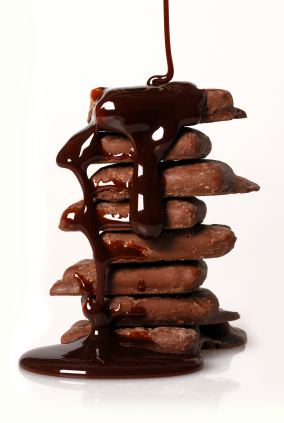"What shall Cordelia speak? Love and be silent" (Shakespeare 49).
Shakespeare is the master of love language, the descriptor of the “fruit of love,” and three words: Romeo and Juliet. Yet, through many of Shakespeare’s works, obstacles stand within Love’s way; whether it be fate, death, selfishness, or pure human instinct, Shakespeare’s tragic heroes seem to become blinded to what lies right before their eyes.
Love plays an interesting role in King Lear, Shakespeare begins his story with the two of Lear’s daughters’ expression of love to their father. However, does love that is expressed solely for self-benefit hold truth?
Cordelia, the one daughter who refuses to profess false promises, is this novel’s symbol of love, while the storm, wealth, death, and each characters’ desires represent fear. Love is blinding, yet so is fear. Outcast from his daughters, his people, and his kin, Lear eventually finds himself wandering and lost, encased within the depths of a massive storm. Slowly, Lear begins to lose his mind, becoming mad, and allows fear to consume his soul.
The ironic part of King Lear is the “If only” part of the story. If only Lear had been smarter about delegating his power, if only he had realized the superficiality of their love, if only he didn’t use material prizes as a “reward” for his daughters’ love.
What does this say about human nature? Humanity is driven by selfishness, yet when we’re caught up in ourselves and our materialistic objects, there’s no room for love. Lear discovered this painful truth as he wandered in the storm, outcast from his “loved” ones. His fear took over—fear is only the absence of love.
This is his major tragic flaw: his desire for love blinds him, until fear’s evil claws grip the surface of his life, suffocating any love that fills the depth of his life.
Theme: Fear is easier than love, but kills the seed of happiness.
Shakespeare is the master of love language, the descriptor of the “fruit of love,” and three words: Romeo and Juliet. Yet, through many of Shakespeare’s works, obstacles stand within Love’s way; whether it be fate, death, selfishness, or pure human instinct, Shakespeare’s tragic heroes seem to become blinded to what lies right before their eyes.
Love plays an interesting role in King Lear, Shakespeare begins his story with the two of Lear’s daughters’ expression of love to their father. However, does love that is expressed solely for self-benefit hold truth?
Cordelia, the one daughter who refuses to profess false promises, is this novel’s symbol of love, while the storm, wealth, death, and each characters’ desires represent fear. Love is blinding, yet so is fear. Outcast from his daughters, his people, and his kin, Lear eventually finds himself wandering and lost, encased within the depths of a massive storm. Slowly, Lear begins to lose his mind, becoming mad, and allows fear to consume his soul.
The ironic part of King Lear is the “If only” part of the story. If only Lear had been smarter about delegating his power, if only he had realized the superficiality of their love, if only he didn’t use material prizes as a “reward” for his daughters’ love.
What does this say about human nature? Humanity is driven by selfishness, yet when we’re caught up in ourselves and our materialistic objects, there’s no room for love. Lear discovered this painful truth as he wandered in the storm, outcast from his “loved” ones. His fear took over—fear is only the absence of love.
This is his major tragic flaw: his desire for love blinds him, until fear’s evil claws grip the surface of his life, suffocating any love that fills the depth of his life.
Theme: Fear is easier than love, but kills the seed of happiness.




